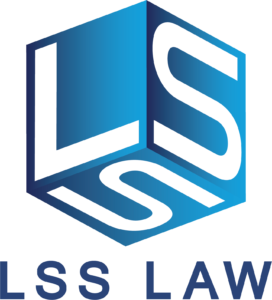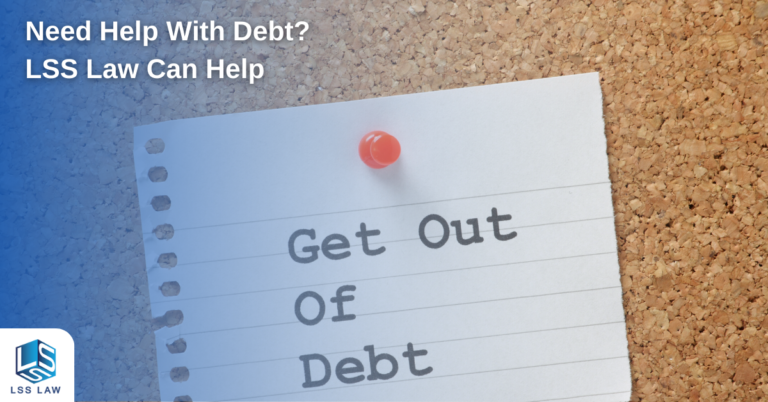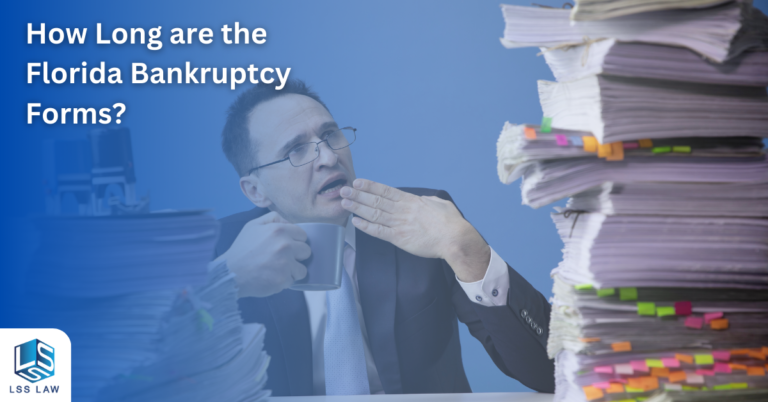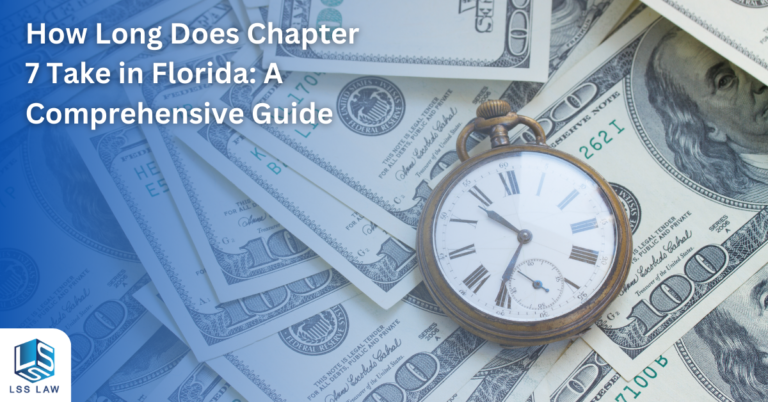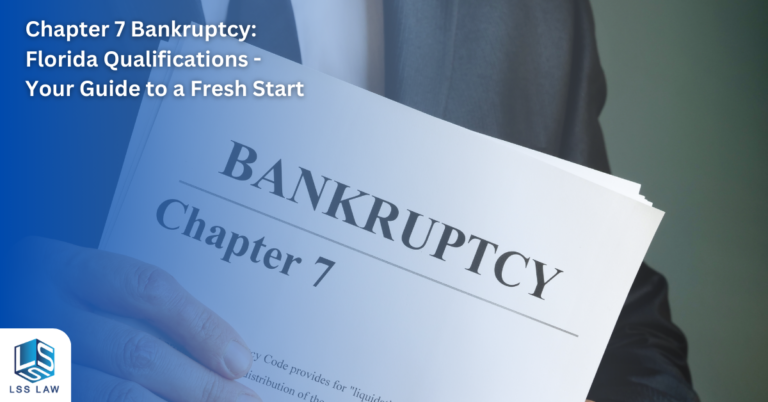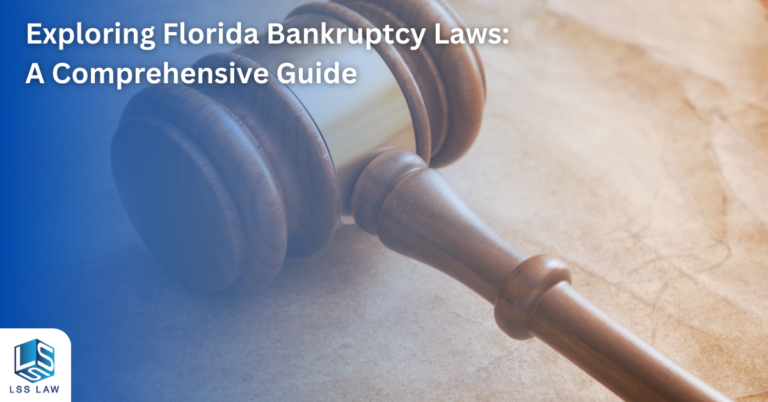Are you struggling with overwhelming debt and looking for help with debt repayment? At LSS Law, we understand the stress and anxiety that comes with mounting monthly payments and seemingly insurmountable credit card debt. That’s why we’re here to provide you with the guidance and support you need to regain control of your finances and achieve lasting debt relief.
As a leading bankruptcy law firm in South Florida, we offer no-cost bankruptcy Strategy Sessions to help you explore your options and develop a personalized plan for getting out of debt successfully. Plus, when you fill out the short form on the right side of the page, you’ll be able to download our free secret report, which contains “secrets that creditors don’t want you to know.”
Debt Consolidation
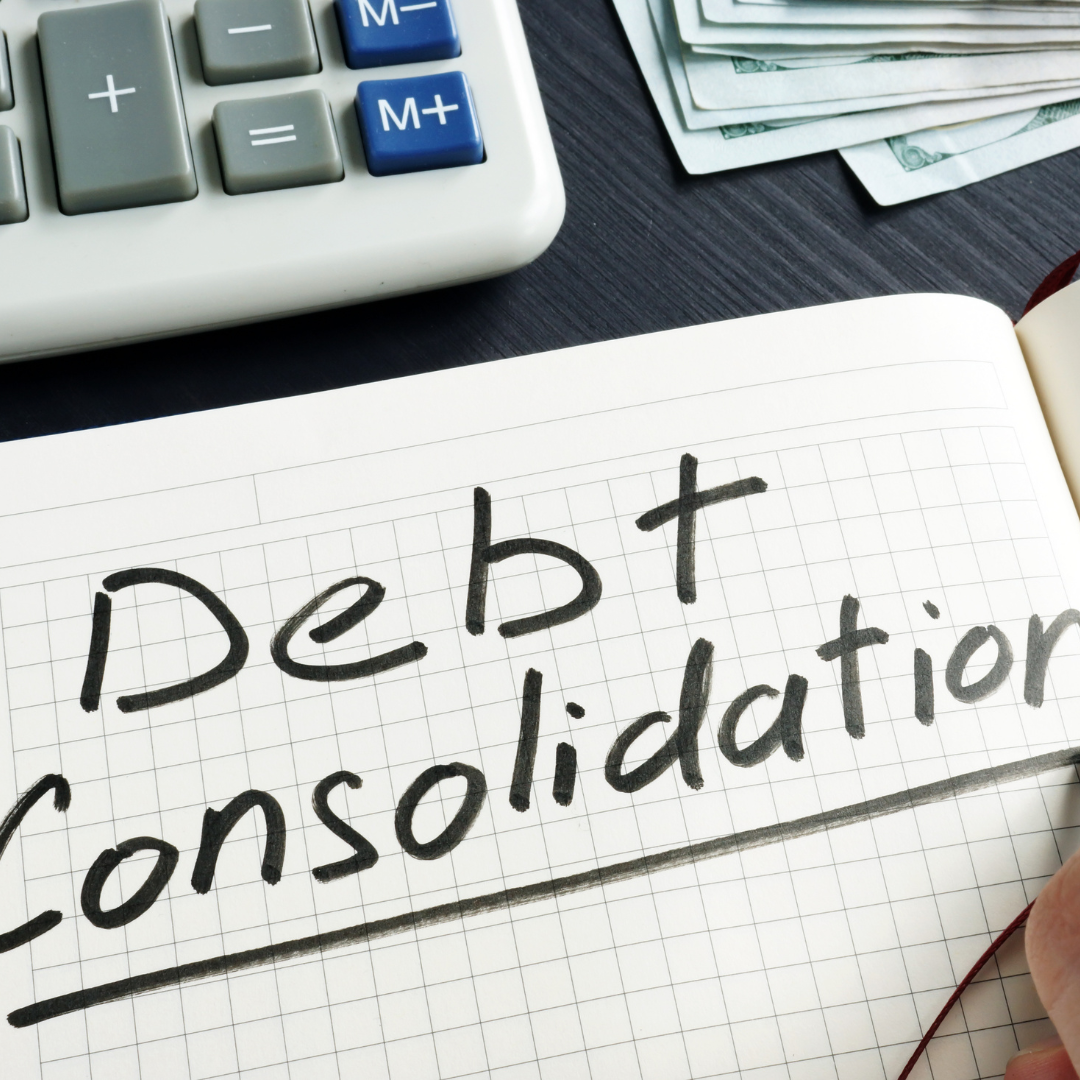
One popular method for tackling debt is through debt consolidation. This process involves taking out a new loan to pay off multiple debts, such as credit card balances, personal loans, and other unsecured debts. By consolidating your debt into a single monthly payment, you can simplify your debt management and potentially secure a lower interest rate.
However, debt consolidation isn’t always the best solution for everyone. It’s important to carefully consider the terms of a debt consolidation loan and compare them to your existing debt to ensure that you’re making the right choice for your financial situation.
Debt Settlement

For those struggling with high levels of debt, debt settlement may be a viable option. This process involves negotiating with your creditors to reduce the amount you owe, often by offering a lump-sum payment that’s less than the full balance. Working with debt settlement companies can help you navigate this process and secure a favorable outcome.
However, it’s essential to be aware of the potential risks associated with debt settlement. Settling your debt for less than you owe can have an impact on your credit report, and there’s no guarantee that all of your creditors will agree to the terms of the settlement.
Credit Counseling
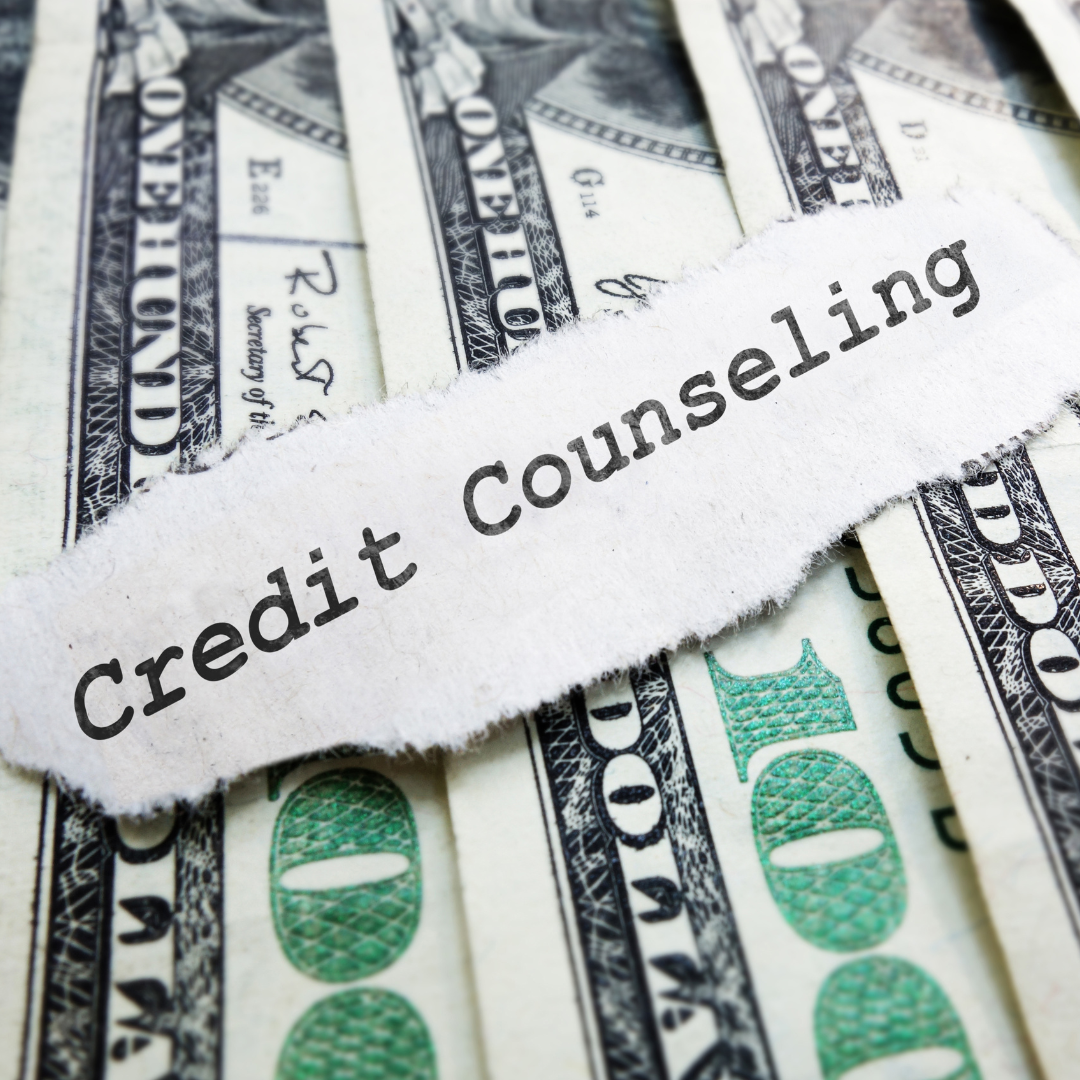
Credit counseling agencies offer valuable services for individuals looking to improve their financial situation. These organizations provide guidance on budgeting, debt management, and other financial topics, and can help you develop a customized debt repayment strategy. Many credit counseling agencies also offer debt management plans, which involve negotiating with your creditors to secure lower interest rates and more manageable monthly payments.
Before enrolling in a debt management plan, it’s important to carefully evaluate the terms and fees associated with the program. Additionally, keep in mind that participating in a debt management plan may require you to close your credit accounts, which can impact your credit score.
Debt Payoff Strategies
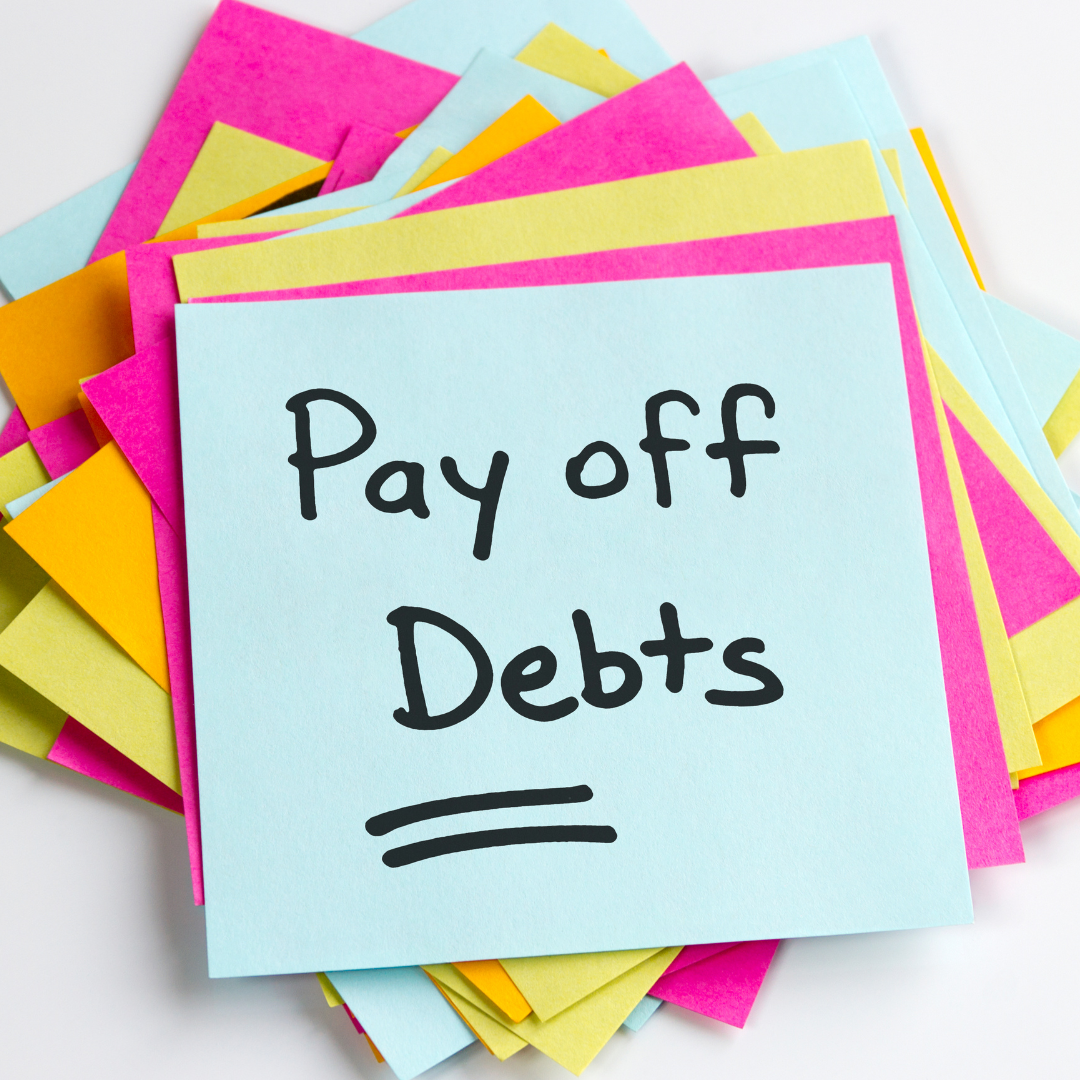
There are several different strategies for paying off debt, each with its own set of advantages and drawbacks. Two popular methods include the debt avalanche method and the debt snowball method.
Debt Avalanche Method
The debt avalanche method involves prioritizing your debts based on their interest rates, to pay off the highest-interest debt first. By focusing on the most costly borrowing, you can save money on interest payments and pay off your debt faster.
Debt Snowball Method
The debt snowball method, on the other hand, focuses on paying off the smallest debts first. As the smaller debts are satisfied, then that money can be applied to the remaining debts. This approach can help you build momentum and motivation as you work your way through your debt payoff journey.
Personal Bankruptcy
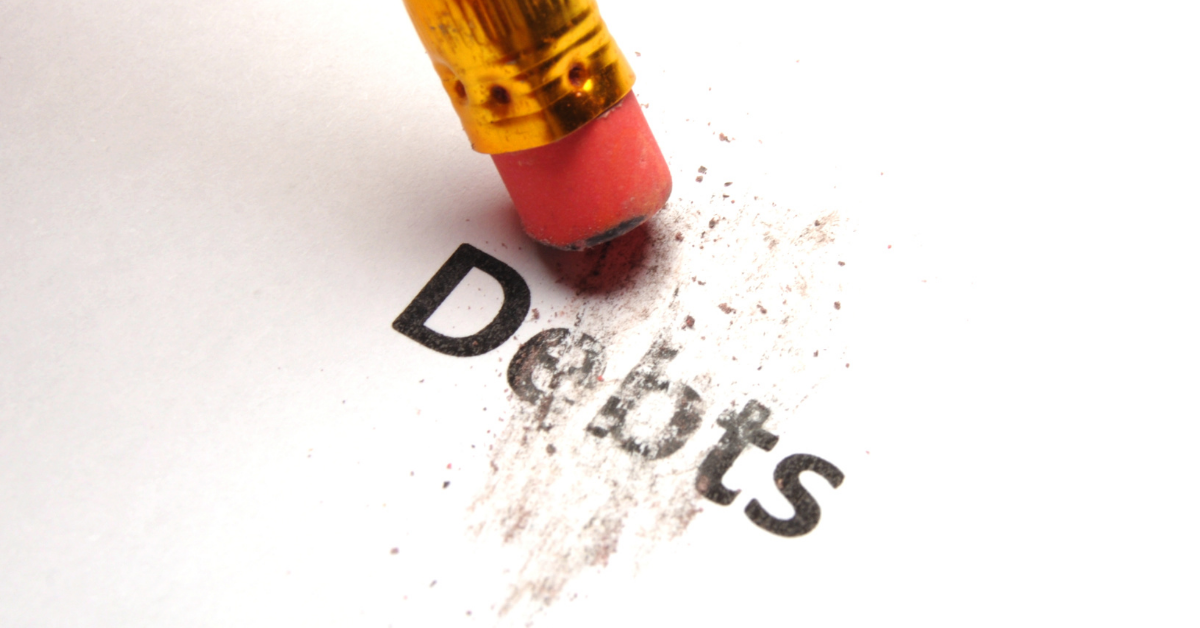
In some cases, personal bankruptcy may be the most effective way to achieve debt relief. Filing for bankruptcy can provide you with legal protection from debt collectors and allow you to discharge or restructure your debts, depending on the type of bankruptcy you choose.
Understanding Bankruptcy Options: Chapter 7, Chapter 11, and Chapter 13
When considering personal bankruptcy as a debt relief solution, it’s important to understand the different types of bankruptcy options available. The most common forms of bankruptcy for individuals are Chapter 7, Chapter 11, and Chapter 13.
Chapter 7 Bankruptcy
Chapter 7 bankruptcy is designed to provide relief to individuals facing overwhelming debt by discharging their unsecured debts, such as credit card debt and medical bills. In this process, non-exempt assets may be liquidated to repay creditors.
To qualify for Chapter 7 bankruptcy, you must pass a means test, which evaluates your income and financial situation.
Chapter 11 Bankruptcy
Chapter 11 bankruptcy is typically used by corporations or partnerships that may continue to operate and even borrow money with court approval. However, it can also be an option for individuals with high levels of debt and assets. This form of bankruptcy involves a reorganization plan that allows the debtor to repay their debts over time while retaining their assets.
The debtor must propose a repayment plan that is approved by the creditors and the bankruptcy court.
Chapter 13 Bankruptcy
Chapter 13 bankruptcy is often referred to as a “wage earner’s plan,” as it’s designed for individuals with a regular income who want to repay their debts over time. Under this form of bankruptcy, a repayment plan is established which typically spans three to five years, allowing the debtor to repay all or a portion of their debts.
This option enables individuals to keep their assets, such as their home or car, as long as they continue making payments according to the established plan.
When considering bankruptcy, it’s crucial to consult with an experienced bankruptcy attorney to determine which option is best suited for your financial situation and to navigate the complex legal process.
Debunking Bankruptcy Myths: The Facts and Benefits
Bankruptcy is often misunderstood, and many people have misconceptions about the process and its consequences. By debunking some common bankruptcy myths, we can help you gain a better understanding of the benefits that bankruptcy can offer.
Myth: Bankruptcy Ruins Your Credit Forever
Fact: While bankruptcy does hurt your credit initially, it’s not a permanent mark. A Chapter 7 bankruptcy remains on your credit report for 10 years, while a Chapter 13 bankruptcy stays for 7 years.
However, you can start rebuilding your credit soon after your bankruptcy is discharged by using responsible credit management strategies.
Myth: You Will Lose All of Your Assets in Bankruptcy
Fact: Many people believe that filing for bankruptcy means losing everything they own. However, bankruptcy laws include exemptions that protect certain assets, such as your home, car, and personal belongings, up to a certain value.
The specific exemptions vary depending on the type of bankruptcy you file. Also, state laws differ on which assets can be exempted and it is best to consult with a reputable attorney who can guide you on this.
Myth: Bankruptcy Indicates Personal Failure
Fact: Filing for bankruptcy does not mean you’re a failure. Many people face financial hardships due to unforeseen circumstances, such as job loss, medical emergencies, or divorce. Bankruptcy is a legal tool designed to provide individuals with a fresh start and an opportunity to regain control of their finances.
Myth: Only Irresponsible People File for Bankruptcy
Fact: Bankruptcy is not just for those who have been financially irresponsible. Many hardworking, responsible individuals face financial challenges that lead them to seek bankruptcy protection.
The purpose of bankruptcy is to help individuals overcome these challenges and work toward a more stable financial future.
By understanding the facts about bankruptcy and dispelling these common myths, you can make a more informed decision about whether bankruptcy is the right solution for your debt relief needs.
Remember, bankruptcy can be a positive step toward regaining control of your finances and achieving a fresh start.
Transform Your Debt into Opportunity

Embarking on your debt relief journey can be a transformative experience, opening the door to newfound financial freedom and opportunities. As you explore the various strategies and resources outlined in this guide, remember that overcoming debt is not just about regaining control of your finances – it’s also an opportunity to redefine your relationship with money and build a more secure, fulfilling future for yourself and your loved ones. With determination, persistence, and the right support, you can turn your financial challenges into a stepping stone toward a brighter, debt-free future.
Types of Debt
Understanding the different types of debt is crucial to developing an effective debt repayment strategy. Debts can be categorized as secured or unsecured, and each type carries its own set of implications when it comes to debt management and relief options.
Secured Debt
Secured debts are those that are backed by collateral, such as auto loans and mortgages. If you fail to make the required monthly payments on a secured debt, the lender has the right to seize the collateral to recoup their losses. Because of this added security, secured debts typically come with lower interest rates compared to unsecured debts.
Unsecured Debt
Unsecured debts, on the other hand, do not involve collateral. Examples of unsecured debts include credit card balances, personal loans, and medical bills. Because there is no collateral to seize if the borrower defaults, unsecured debts generally come with higher interest rates.
When considering debt relief options, it’s important to take into account the types of debts you have and how they may be impacted by various strategies. For example, debt consolidation loans are typically best suited for consolidating unsecured debts, while secured debts may require a different approach.
Late Fees and Penalties
Falling behind on your debt payments can result in late fees and penalties, which will add to your existing debt and make debt relief even more difficult. To avoid these extra costs, prioritize your debt payments and make sure you meet your minimum payment obligations each month.
If you’re struggling to make your minimum monthly payments, consider reaching out to your creditors to discuss potential payment plan options or temporary hardship programs. By proactively addressing your financial challenges, you can potentially avoid costly late fees and protect your credit score.
Credit Reports and Scores
Your credit report plays a significant role in your overall financial health. A negative credit report can impact your ability to secure future loans or lines of credit, and can even affect your employment prospects. As such, it’s important to be aware of how your debt management and relief efforts may impact your credit report.
Paying off debt and improving your credit report often go hand-in-hand. By focusing on strategies prioritizing debt repayment and minimizing the potential for negative credit report impacts, you can work towards debt relief and a healthier credit score.
Monthly Expenses and Budgeting
Effectively managing your monthly expenses is a critical component of achieving debt relief. By creating a realistic budget and tracking your spending, you can identify areas where you can cut back and allocate more money toward your debt payments.
Being Proactive With Your Available Resources
As you can see, there are numerous options and resources available to help you overcome your financial challenges and achieve lasting debt relief. Remember, the key to success is being proactive and taking advantage of the help available to you.
Find a Trustworthy Company to Help You
Finding the right professional assistance is essential when you’re seeking help for debt relief. As mentioned above, various companies can help with debt, including debt consolidation firms, debt settlement companies, and credit counseling agencies. Each of these organizations can provide valuable support and guidance, but it’s important to thoroughly research your options and choose a company that is reputable and trustworthy.
A trustworthy credit agency should be willing to send you free information about its services without requiring any information about your particular circumstance. If a service does not do this, consider it a red flag and seek assistance elsewhere.
Get Help With Debt Collectors
Dealing with debt collectors can be a stressful and intimidating experience. Knowing your rights and understanding how to communicate effectively with debt collectors can help you protect yourself and resolve your debts more efficiently. If you need help with debt collectors, consult with LSS Law to ensure that your rights are upheld throughout the debt collection process.
Learn More About Debt Collection
Navigating the debt collection process can be challenging, but there are strategies and resources available to help you manage this situation. Educate yourself on the Fair Debt Collection Practices Act, the federal law that outlines the rules that debt collectors must follow when attempting to collect a debt – including how and when they can contact you, what information they are required to provide, and what actions they are prohibited from taking.
Keep Good Records
It’s important to keep accurate records of any communication with debt collectors, including the date and time of each call or letter, the name of the collector, and the details of the conversation. This can help protect you from any unlawful or unethical behavior by the collector. Be sure to document any agreements that you come to and do not give the debt collector your bank account number or any personal information.
Maintaining detailed records of your communications with debt collectors and staying organized can help you cope with debt collection while you work toward a resolution.
Choose a Strategy
Developing a solid debt repayment strategy is essential for tackling your debts and achieving lasting financial freedom. Whether it’s through the debt avalanche or debt snowball method, consolidating your debts, or implementing a debt management plan, there are various options for help with debt repayment. The key is to find the approach that works best for your specific financial situation and to commit to making consistent progress toward your debt payoff goals.
Contact Us & Get Rid of Your Debt
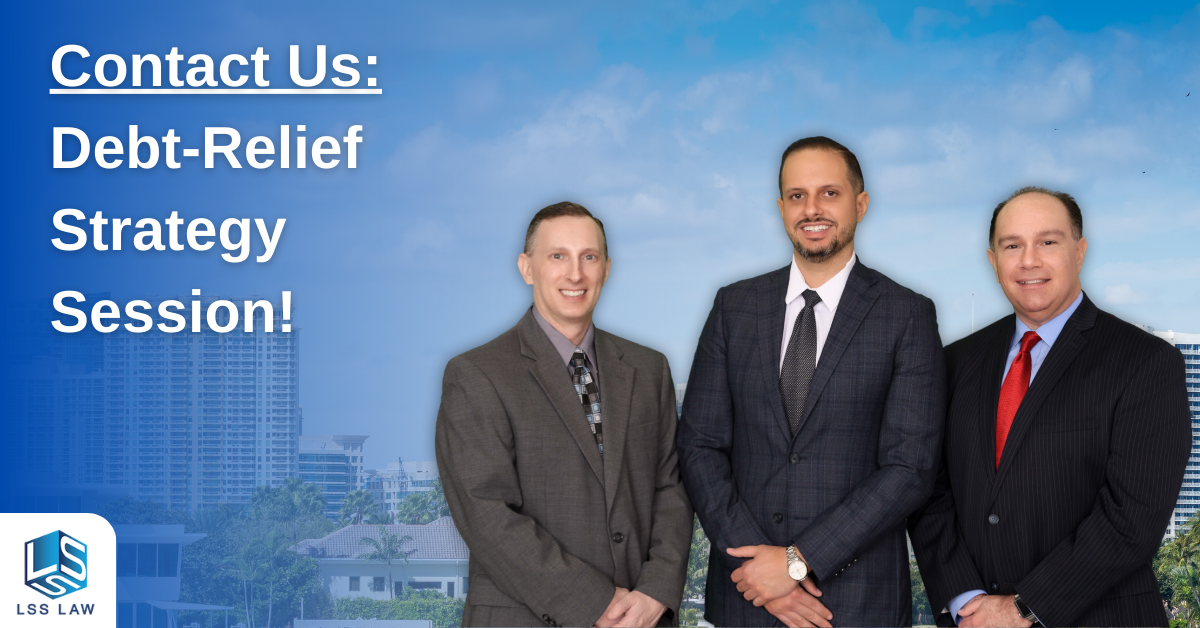
Don’t let overwhelming debt hold you back any longer. At LSS Law, our experienced team of attorneys is ready to guide you through the process of regaining control of your finances and achieving lasting debt relief.
Schedule your no-cost bankruptcy Strategy Session with us today by calling us at 954-466-0541.
Unlock the secrets that creditors don’t want you to know by downloading our free report. To access your free copy, simply bring your cursor to the top right of your page and it will appear.
Remember, the journey to becoming debt-free starts with a single step. Don’t wait – let LSS Law be your partner on the path to financial freedom.
Need Help With Debt? Your Questions Answered

How do I know which debt relief option is best for me?
The most effective debt relief option for you will depend on your unique financial situation and goals. It’s important to carefully evaluate your debts, income, and expenses, and consider the potential benefits and drawbacks of each option. Consulting with a professional, such as a bankruptcy attorney or credit counselor, can provide valuable guidance in making this decision.
Is debt consolidation the same as debt settlement?
No, debt consolidation and debt settlement are two different approaches to debt relief. Debt consolidation involves taking out a new loan to pay off multiple existing debts, while debt settlement involves negotiating with creditors to reduce the amount you owe.
Will filing for bankruptcy ruin my credit forever?
Filing for bankruptcy will hurt your credit, but it’s not permanent. A bankruptcy filing typically remains on your credit report for seven to ten years, depending on the type of bankruptcy. Over time, you can work to rebuild your credit by making on-time payments, keeping your credit utilization low, and responsibly managing new credit accounts.
Can I negotiate with my creditors on my own?
Yes, it’s possible to negotiate with your creditors on your own. However, working with a professional, such as a credit counselor or a debt settlement company, can provide valuable expertise and potentially yield better results.
How are credit counselors involved in bankruptcy?
Overall, credit counselors can play a supportive role in the bankruptcy process by helping people understand their options and providing guidance for improving their financial situation.
